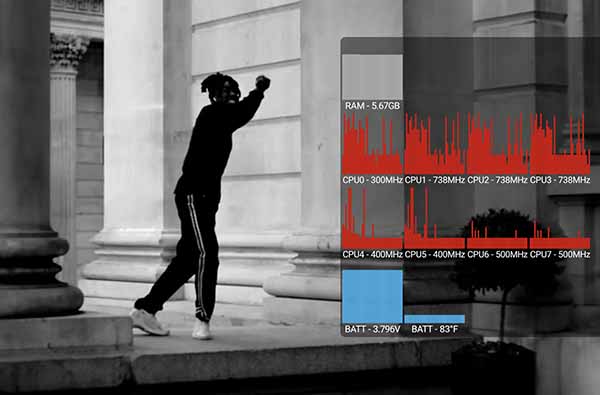New Delhi- UK-based University of Essex unveiled a ground-breaking AI development led by an Indian-origin scholar at Essex that could boost smartphone battery life by 30% and shave countless kilowatts from energy bills. The ground-breaking technology has been rolled into EOptomizer, an app that can drive down carbon emissions by making consumers’ electronic devices last longer. It does this by using software to dramatically increase efficiency and reliability in smartphones, tablets, cars, smart fridges and computer batteries – delaying when consumers need to buy carbon-footprint-producing replacements.
The AI technology project, spearheaded by Dr Amit Singh, Associate Professor from the University of Essex’s School of Computer Science and Electronic Engineering, has been developed in partnership with former Samsung, Microsoft and HCL Technologies technology experts. Dr Singh is an alumnus of Indian Institute of Technology (Indian School of Mines), Dhanbad.
According to Dr Amit Singh: “Considering that there will be approximately 50 billion devices by 2025 and many more thereafter, EOptomizer has great potential to help to achieve the net zero emissions goal of the whole world. It is our hope that this app will help make everyone’s life better, save them money and help save the environment. We are so excited to showcase what we have been working on to some of the biggest companies in the world and hope to see our app in the hands of consumers across the globe.”
EOptimizer deploys AI to understand how a particular app is being used and optimizes the energy usage for the app. For example, a user might quickly scroll through a news app while at work to check the headlines. This will require a higher FPS (frames per second) than when they spend more time on the app in the evening, slowly scrolling down and reading more stories in full.
The app realises the change in FPS for the app being used and tries to find the best operating frequency of CPU and GPU processors to cater for the change whilst consuming the least amount of power and temperature gain in the device, which is a critical issue in mobile phones. The AI tech analyses how an app is being used throughout the day and optimises energy use.















